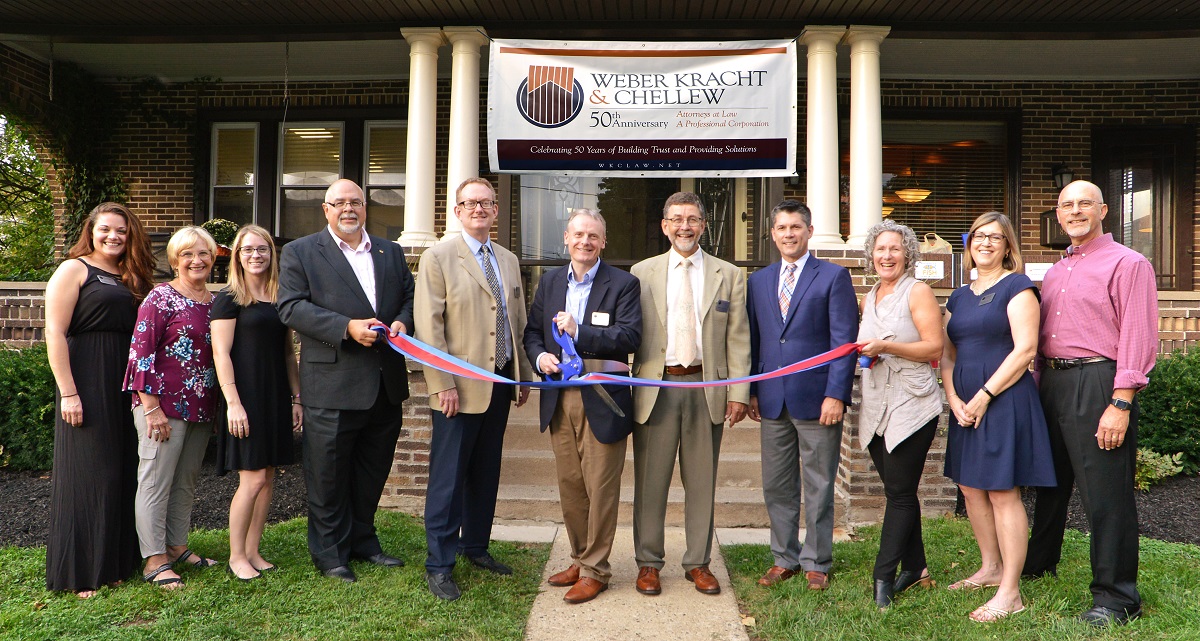“Commencement of a civil action, by praecipe for a writ of summons, for purposes of tolling a statute of limitations. However, all related procedural rules, including rules regarding service of original process, are suspended as set forth in this Court’s Order of March 18, 2020.”
What does this mean?
As most lawyers are aware, the Court’s March 18, 2020 order suspended all time calculations for purposes of time computation relevant to court cases or other judicial business, as well as time deadlines. That statement is a mouthful. Many had originally concluded the order had been validating a preconceived belief: COVID-19 must be extending all legal deadlines at least until the judicial emergency ends. However, this week’s March 24, 2020 clarifying order snapped us back into reality – necessitated by an obscure provision of the Pennsylvania Constitution. The Court does not have the power to extend statutes of limitations, because the Pennsylvania Constitution express limits its authority to do so. See Pa. Const. Art. V, §10(c).
A statute of limitations, also known as the maximum amount of time after an event in which a party can initiate legal proceedings, is designed to require parties pursue legal rights with diligence, minimize loss of evidence for stale claims, and effectuate justice rather than cruelty (meaning to control “professional accusers”). Because statutes of limitations are creatures of the legislature, the Pennsylvania Constitution states, that statutes of limitations cannot be extended by the Supreme Court. Unless the legislature acts to extend a statute of limitations, it remains a legal deadline not extended by the current emergency.
Of course, the legislature can overhaul a statute of limitations. It did so last year (following years of internal fights and bitter stalemate) in the context of clergy abuse cases. But an extension of the statute, cannot be counted on here, at least not now. In this moment, the statutes of limitations – 2 years for most tort claims and 4 years for many contract claims — can be a draconian time bar, and risks dismissal for lawsuits filed after the legal deadline.
So what is the result for parties whose access to courts is impaired by COVID-19 crisis?
In most judicial districts, courts have already arranged to receive all civil filings. This order in no way suggests doing otherwise. However, in some districts, including Philadelphia and perhaps others in the future, filing a lawsuit is or may become difficult or impossible. When my office last week attempted to electronically file a pleading in Philadelphia, our filing was met with an automated reply, telling us to refile on April 6, after which, it said, dates for all other deadlines would be timely.
How to reconcile that with this week’s order, which created confusion as clients seem to have nowhere to go with their filing. There is some relief in sight. This week’s order further provides a procedure whereby, if a court is closed for filing, counsel could then merely file a “praecipe for a writ of summons” in the Superior Court “[i]n the event a court of common pleas is unable to accommodate” the filing. Of course, taking this extra step requires knowledge necessary to navigate that alternative “miscellaneous filing.”
Lawyers are not known for jumping to immediately implement a new untested procedure, particularly where the stakes are high. And prejudicial dismissal of an untimely lawsuit is high stakes business. Many are trying to justify venue in a different county and where filings are still accepted. Some will succeed, but inevitably others will not.
Yes, there will be problems. Crises, especially unprecedented ones such as this pandemic, render those inevitable. Many will need to seek flexibility later. The courts should, and many will, recognize this. Your best approach is diligence. Find help from counsel who is determined to get it right for clients.
Do Not Delay in Seeking Counsel
We implore potential clients who may have causes of action, which may be growing stale, to seek counsel right away. If you have a question on the statute of limitations for your matter, do not procrastinate on your decision to reach out to counsel. The consequences for failing to adhere to a statute of limitations could often result in your case being dismissed, thus denying you relief.
At Weber Kracht & Chellew, we can help assure clients gain access to necessary legal services. Please contact our office right away without delay. While we are working remotely, we are available at 215-257-5114 or through email.
Best wishes all and stay safe.
This article is designed for general information only. The information presented should not be construed to be formal legal advice nor the formation of a lawyer/client relationship.
 We are pleased to welcome associate attorney
We are pleased to welcome associate attorney 

 Weber Kracht and Chellew partner Michael Kracht, who serves on the board of Pennridge FISH, adds, “In Bucks County, a little over
Weber Kracht and Chellew partner Michael Kracht, who serves on the board of Pennridge FISH, adds, “In Bucks County, a little over 



























































